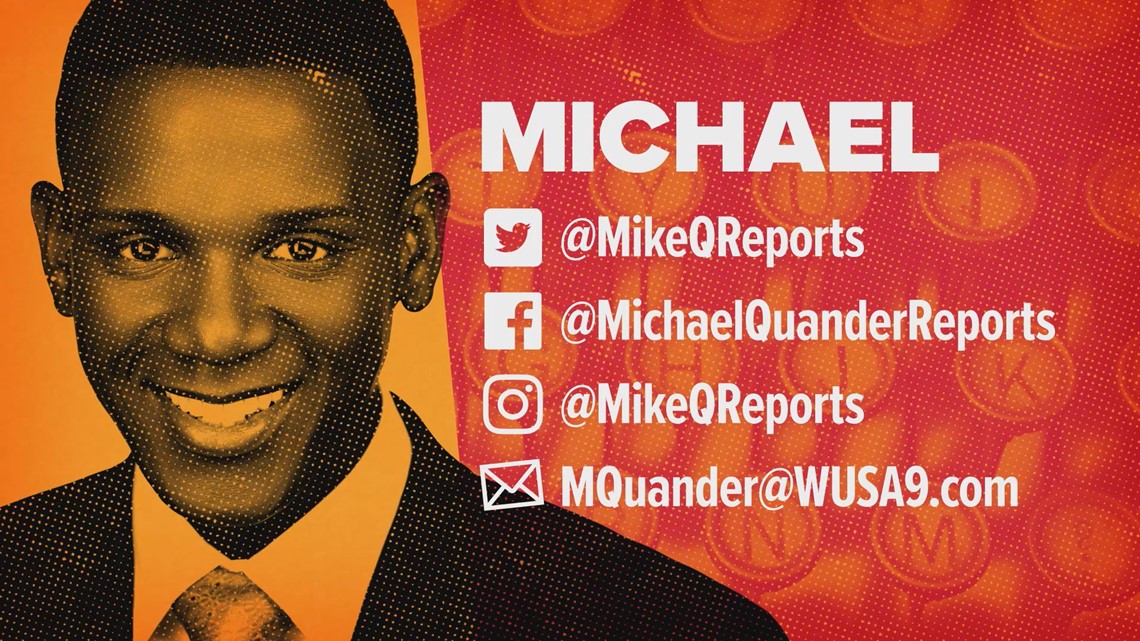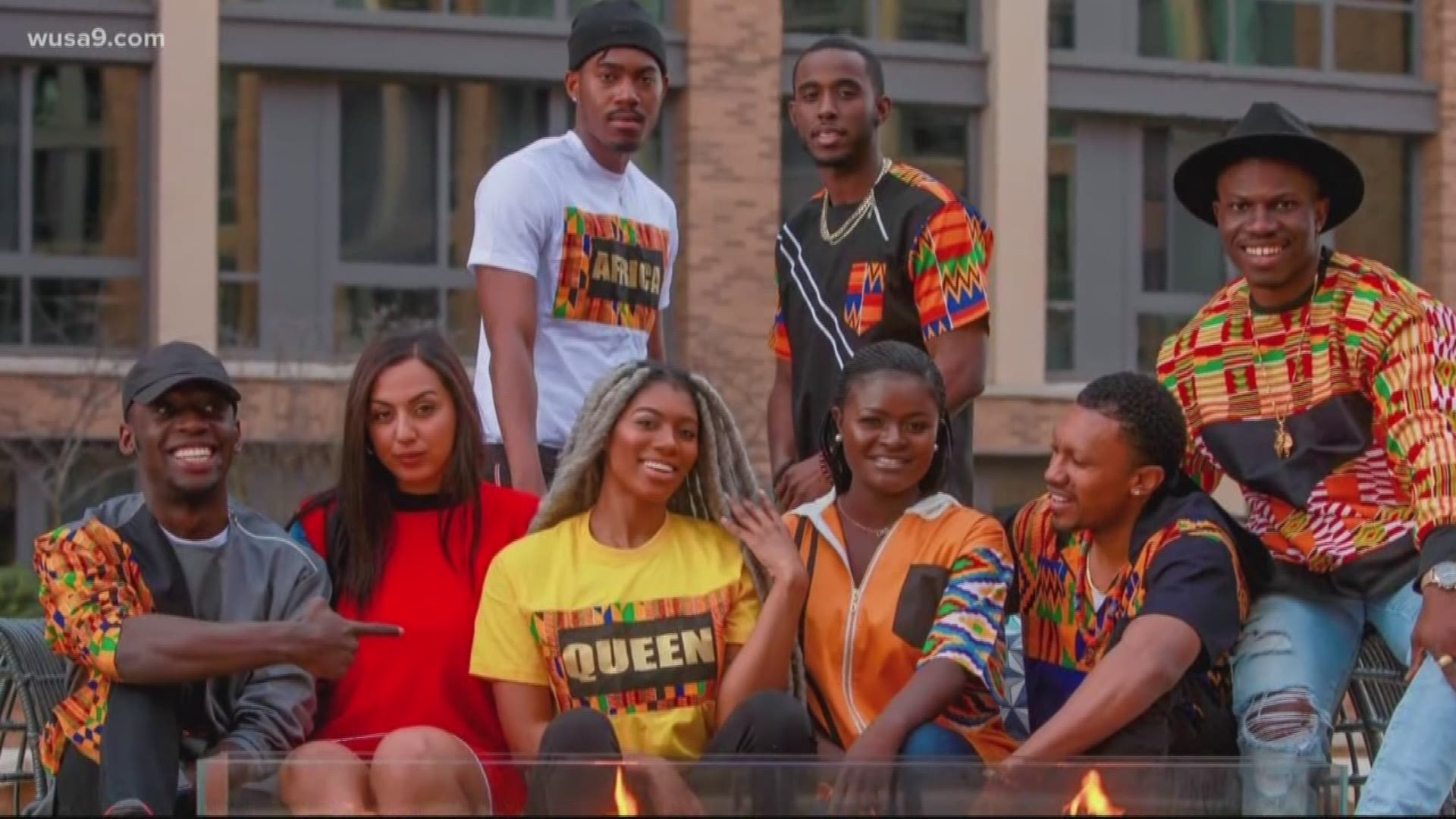ALEXANDRIA, Va. — Flyshikis is a clothing line known for its bright and vibrant African-inspired patterns, but the man behind the creative fabrics hopes his designs will have a meaning that transcends fashion.
"Have you ever heard of dashiki?" Isaac Appiah asked. "It’s just like a flip on words and stuff. Since we're using the prints dashikis, we came up with Flyshikis because our clothing is fly."
Appiah grew up in an area known as Official Town in Ghana but migrated to the D.C. area in 2006 when he was in high school.
He said he grew up in a low-income area of Ghana where he sometimes did not know where meals would come from but said his childhood was still happy.
Appiah was inspired to create and sell clothing after wearing an outfit in public and receiving compliments on the African prints.
"I just started feeling the need to represent my culture," he told WUSA9.
The fashion designer explained his brand stands out from others because he also attempts to educate his customers about the clothes and their origins.
"For instance, we have the Kente print, right? That Kente print was only worn by kings and queens when they had like a huge ceremony," he explained. "That's the only time they wore it. So, you’re wearing a cloth that was worn by kings and queens, you know, because we were kings and queens."
RELATED: More than 300 enslaved African-Americans helped build and staff the White House #ForTheCulture
Appiah said customers who have embraced the culture, history, and fashion have felt a sense of empowerment and confidence.
He said Flyshikis is hoping to bridge a disconnect between black Americans and Africans.
"So, we were all black first -- No. We're all black, but we're Africans first," Appiah said. "We're using fashion as a way to connect people to their roots."
--
If you know someone or a topic that should be featured in our ‘For the Culture’ segment, email Michael Quander at mquander@wusa9.com or send him a direct message on Twitter or Instagram.



